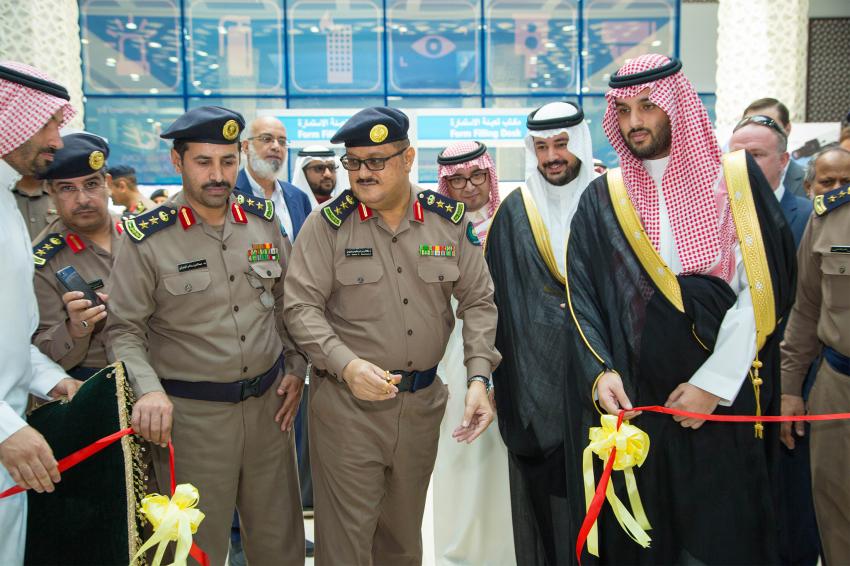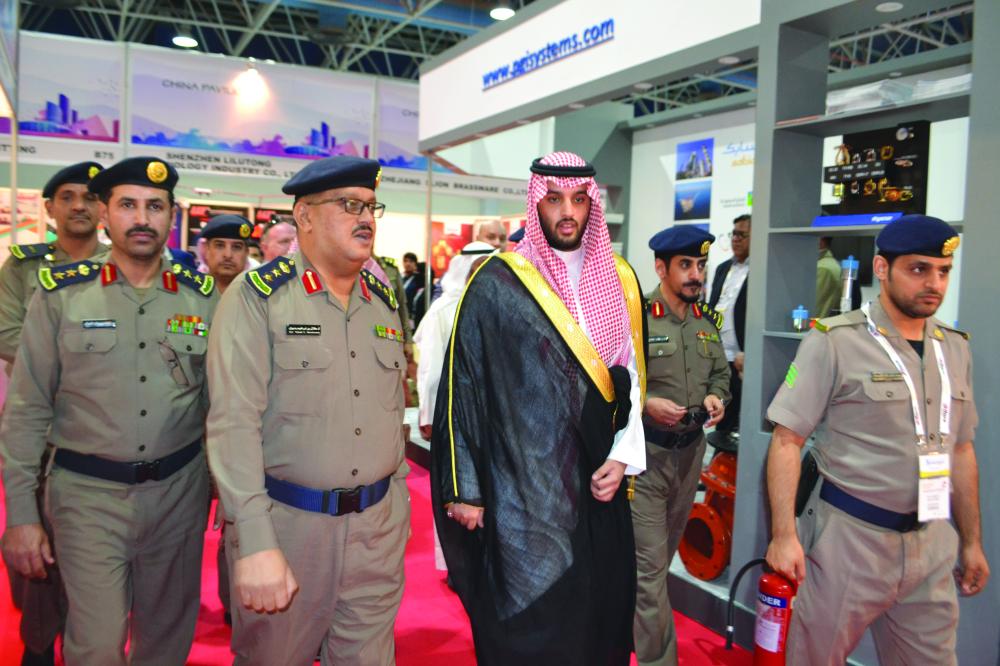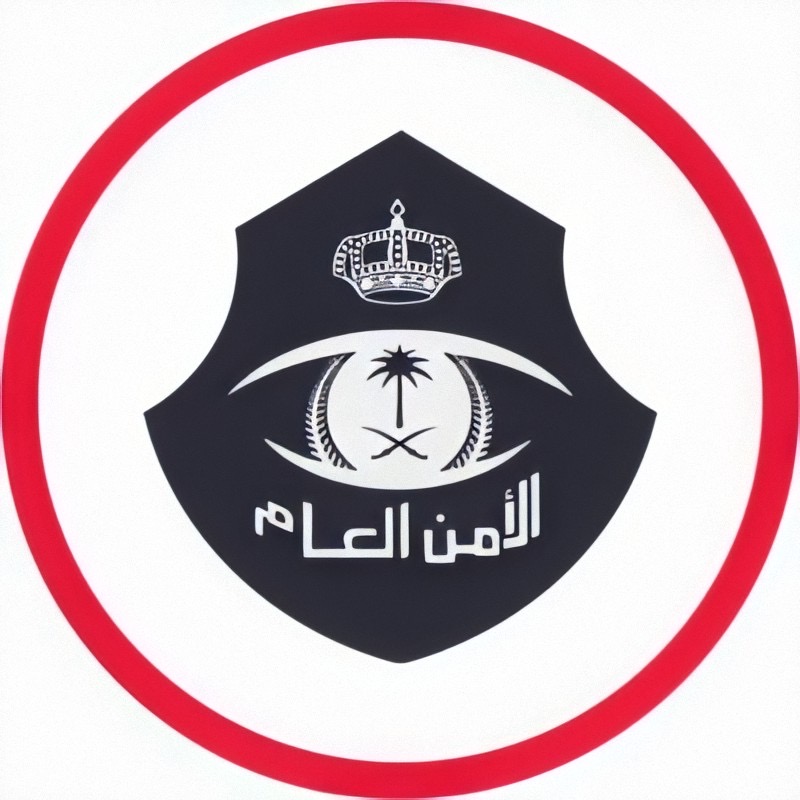Regulations pertaining to Haj will be implemented, according to the Saudi Arabian Directorate of Public Security.
Regulations pertaining to Haj Saudi Arabian Directorate of Public Security.
Directorate of Public Security ensures the maintenance of public order and provides security coverage for all sites in the Kingdom of Saudi Arabia, embassies abroad, the protection of holy sites, the lives, properties of citizens and residents
Riyadh: Saudi Arabia’s General Directorate of Public Security has declared the regulations for the Hajj’s implementation. Residents who want to visit Mecca after Saturday, May 4, 2024, will need to get a permit from the appropriate authorities, according to a report by the Saudi Press Agency.
- The SPA also stated that a permit will now be needed for any locals who want to access Mecca.
The new rules are intended to protect pilgrims’ safety and security while streamlining the Hajj procedure.
At security checkpoints going to Makkah, anybody who lack the required permits—which include a work permission for holy sites granted by the relevant authorities, a resident ID card, a valid Umrah permit, or a valid Hajj permit—will not be allowed admission. - At checkpoints, anyone without permission will be turned away; this action serves to enforce the rules put in place for the Hajj season in 1445 AH.
- The Nusuk pilgrim card is a new project that the Saudi Ministry of Hajj and Umrah launched earlier this week. Its goal is to secure and expedite the Hajj pilgrimage process for 2024.
- The card, which will be offered in both physical and digital forms, is intended to streamline Hajj operations, curtail unauthorized pilgrimage, and protect sacred places by confirming pilgrims’ identities and thwarting illicit entry.
- A tangible copy of the Nusuk card will be sent to pilgrims by their individual Hajj missions or by the service companies they have arrangements with. Furthermore, a digital edition is available through the Nusuk and Tawakkalna applications.
- To activate their digital card, pilgrims must scan the QR code on their physical card and follow the instructions to access a variety of vital services.
- These services are connected to their smartphone application and comprise personal information, health records, and an address.
In order to guarantee that every pilgrim receives the greatest care possible, the card also makes it easier for the appropriate authorities to verify the identification of the pilgrim. - The card will also include information regarding the pilgrim’s designated Hajj mission, group schedules, household addresses, and channels for reporting concerns or compliments.



